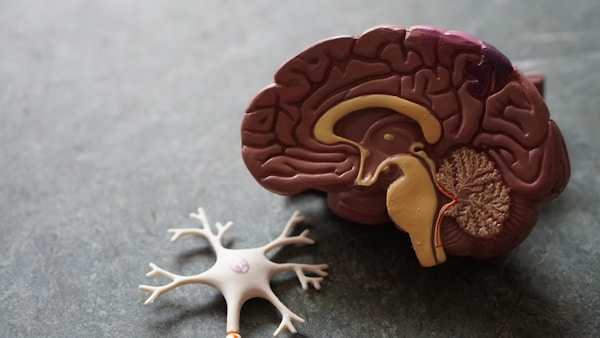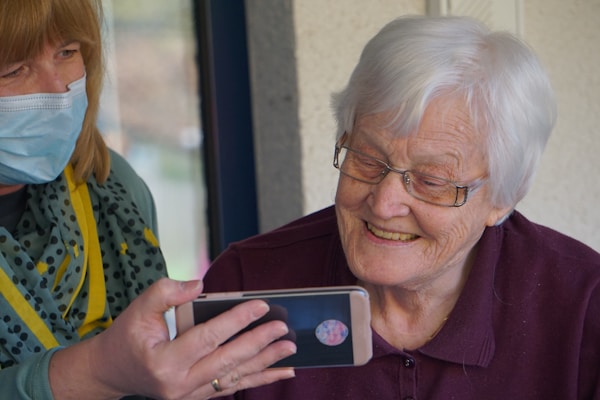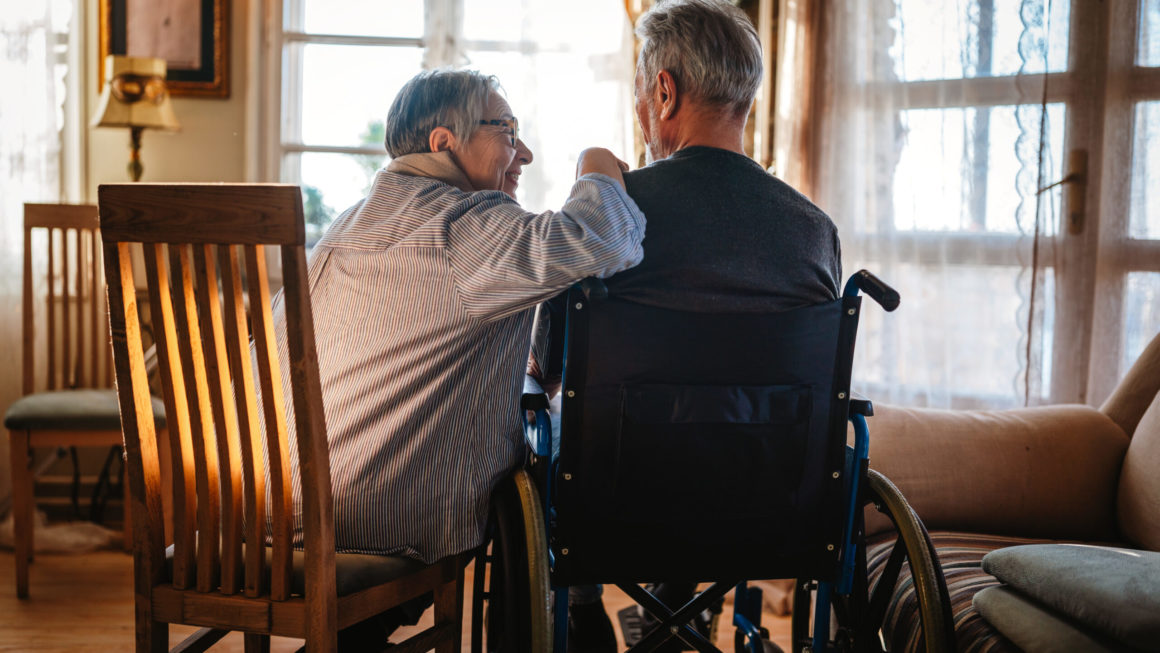Alzheimer’s disease is one of the forms of dementia, a general term for memory loss and other cognitive impairments that meaningfully interfere with daily life. It affects millions of Americans, most of whom are aged 65 and older. The disease starts slowly and gets worse over time, affecting a person’s ability to think, remember, and communicate. It’s crucial to educate yourself about the symptoms and risk factors associated with Alzheimer’s so that you can recognize them in yourself or your loved ones, but many people don’t know much about the disease. If you’re in need of more information, keep reading for a guide to understanding Alzheimer’s risk factors.
What should you know about Alzheimer’s risk factors?

So, how common is Alzheimer’s? Alzheimer’s disease is the most common form of dementia, affecting over five million people in the United States alone. While it can affect anyone, it is more likely to be found in older adults and those with a family history of the disease. Still, age is far from the only contributing factor that you should be aware of, even if it is the most obvious. There are some aggressive early-onset that typically affect people between the ages of 30 and 60, but the vast majority of Alzheimer’s diagnoses are made in elderly individuals.
Although there are known risk factors associated with Alzheimer’s, such as increasing age and family history, it can be difficult to determine who will develop the condition. Genetic mutations and variations are one factor to consider. Studies suggest that certain genes may play a role through increased production of beta-amyloid proteins which accumulate in plaques on brain tissues leading to cognitive decline. Environmental influences also appear relevant when considering potential causes for the development of late-onset Alzheimer’s disease since research has indicated that healthy lifestyle choices matter.
Keep in mind that there is no specific test to diagnose Alzheimer’s disease. Doctors typically use multiple tests and procedures to make a diagnosis, including taking a medical history, performing a physical exam, lab tests, brain imaging, and tests related to cognitive function including tests of memory, language, problem-solving ability, and attention span.
How can you support a loved one with Alzheimer’s disease?

Now that you know more about the risk factors for Alzheimer’s disease, let’s discuss some of the things you can do to support a loved one who has been diagnosed with Alzheimer’s. For example, home modifications for accessibility can significantly improve their quality of life. This can include adding grab rails in the bathroom, installing a stairlift, or widening doorways to accommodate wheelchairs. Even smaller changes can end up making a big difference in allowing your family member to be more independent in their home.
Socialization is crucial for people with Alzheimer’s disease too. As Alzheimer’s progresses, it can be difficult for those with the disease to engage in social activities on their own. Socialization can allow them to connect with others and provide a sense of purpose and meaning in their lives. Spending time with your loved one can also reduce feelings of isolation and depression, which are common in people with Alzheimer’s. Activities like going to a movie or playing cards with friends can even stimulate their brains and keep them engaged.
As you can see, understanding the risk factors for Alzheimer’s is essential for both preventing and managing the disease. Being aware of the early warning signs can enable people to make lifestyle changes and take action to protect their brain health. Additionally, knowledge about Alzheimer’s disease can allow individuals and their families to prepare for the potential onset of Alzheimer’s and plan for the future. Some other steps to take include modifying your home to be more accessible and finding ways to encourage socialization. Follow these tips and you can trust that you’re taking the best possible care of your loved one.




